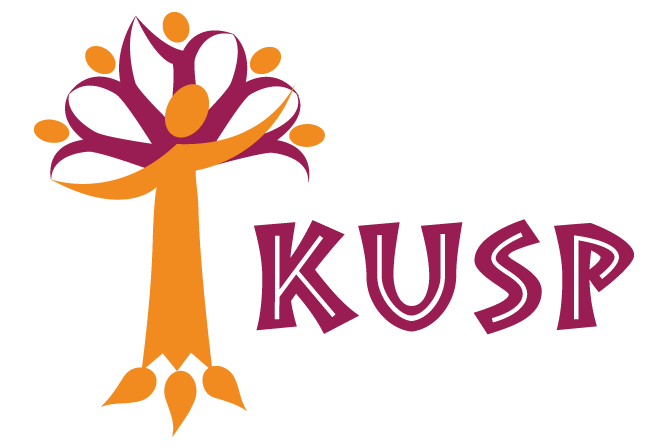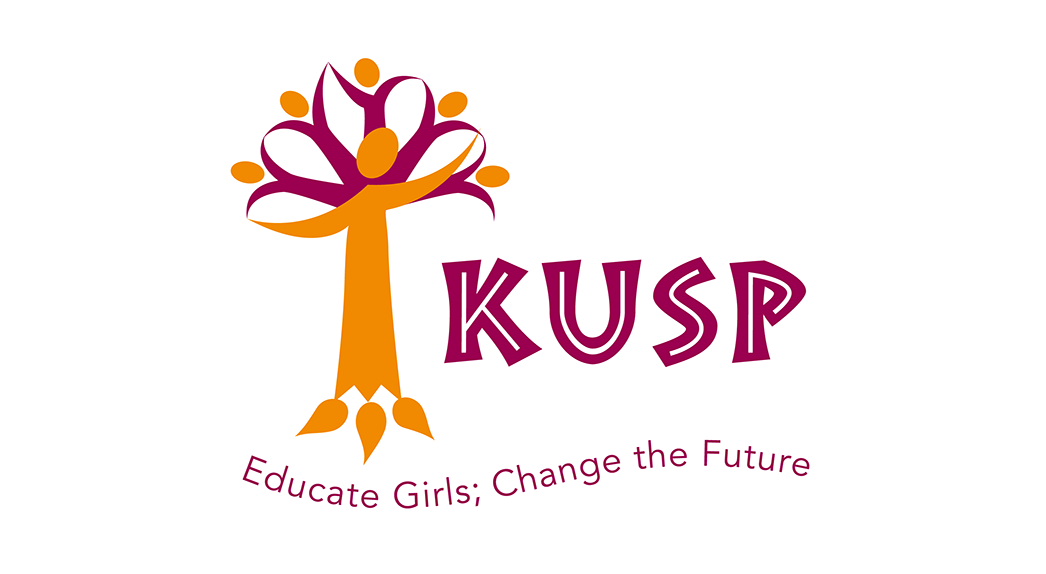Returning to Kobulubulu!
/Ready for Uganda? We are headed back to Kobulubulu in October!
KRMA women welcome our return
We always get excited as we begin plans to return to Uganda. How are the women doing? Are the children healthy and attending school? Are the men finding work that doesn’t take them away from home for too long?
And perhaps most importantly, how are their spirits and sense of hope? For women who survived the terror of Joseph Kony’s Lord’s Resistance Army, hopelessness used to be a commonly shared feeling. At krma-USPartners we believe our efforts -- and your donations -- are contributing to major shifts in attitudes as the Cassava Project begins another year and the women generate income for sustenance and school fees!
Last year, The New York Times' columnist Nicholas Kristof wrote that while the evidence is overwhelming that aid from charities large and small can “overcome disease, boost literacy and save lives,” the challenge of raising incomes so that people can move themselves in a sustainable way out of poverty is much more problematic. A large research project involving over 21,000 people in 6 countries found that impoverished people “can feel a hopelessness that becomes self-fulfilling.” And yet, the evidence also shows that if you “give people reason to hope that they can achieve a better life, that, too, can be self-fulfilling.” (Read his full article here)
For each of our three years in Kobulubulu, a major task is accountability for our grants to KRMA, including bank reconciliations and review of distributions of funds to KRMA members. But our trips involve a lot more. New board member, Dayna Brown, who will be joining krma-USPartners’ President and Founder Lois Stovall this year, expresses her goals this way:
One of many two-way conversations
“I am eager to meet the women of KRMA and their families and to see where they live, their capacities and progress to date and the challenges they face. I hope by listening and spending time with them, we will build relationships that will enable us to work together to help them reach their goals and share their stories with KRMA's supporters.” (You can see Dayna’s book on listening to people on the receiving end of international aid here)
Here are a few of the activities we will engage in during our upcoming trip:
1. Visiting potential partners in the capital, Kampala, who may be able to provide training, resources and supplies for KRMA;
2. Picking up 100 Re-usable Sanitary Pad 12-month kits from the local factory of Afripads in Kampala http://www.afripads.com/ and delivering them to Kobulubulu so the girls will not drop out of school due to lack of menstrual supplies;
3. Purchasing solar panels equipped with an outlet to charge phones for the remaining households of KRMA without them;
4. Supplementing bicycles so that new KRMA leaders who are surveying the crops have a quicker means to do their work than walking between fields;
5. Obtaining soccer balls for each school in Kobulubulu –- one for boys and one for girls -- to replace the two balls supplied last year and shared among hundreds of students in daily play;
6. Collecting gently used backpacks, children’s books, and school supplies to distribute among the households.
Our stay in Kobulubulu means no running water or electricity, but the KRMA women always take excellent care of us and we strive to spend as much time as possible learning about their experiences since our last visit. We encourage the women to attend the planning and evaluation sessions we conduct each year. We also hope to have time for dancing, conversation with the families, and learning a few more words in Kumam so that we can communicate better with each woman.
Of course, your donations are used first and foremost for the Cassava Project to enable these mothers to grow their crops, sell them for a profit, use their revenues to become increasingly self-sufficient with each crop cycle, and keep their children in school so that the future is bright and full of opportunity. Thank you again and again for your caring and support. Let us know if you have questions about our use of your contributions and we will happily share!
“Apwoyo sana!” Thank you very much in Kumam!
krma-USPartners' Christine Poulon taught to pump water





